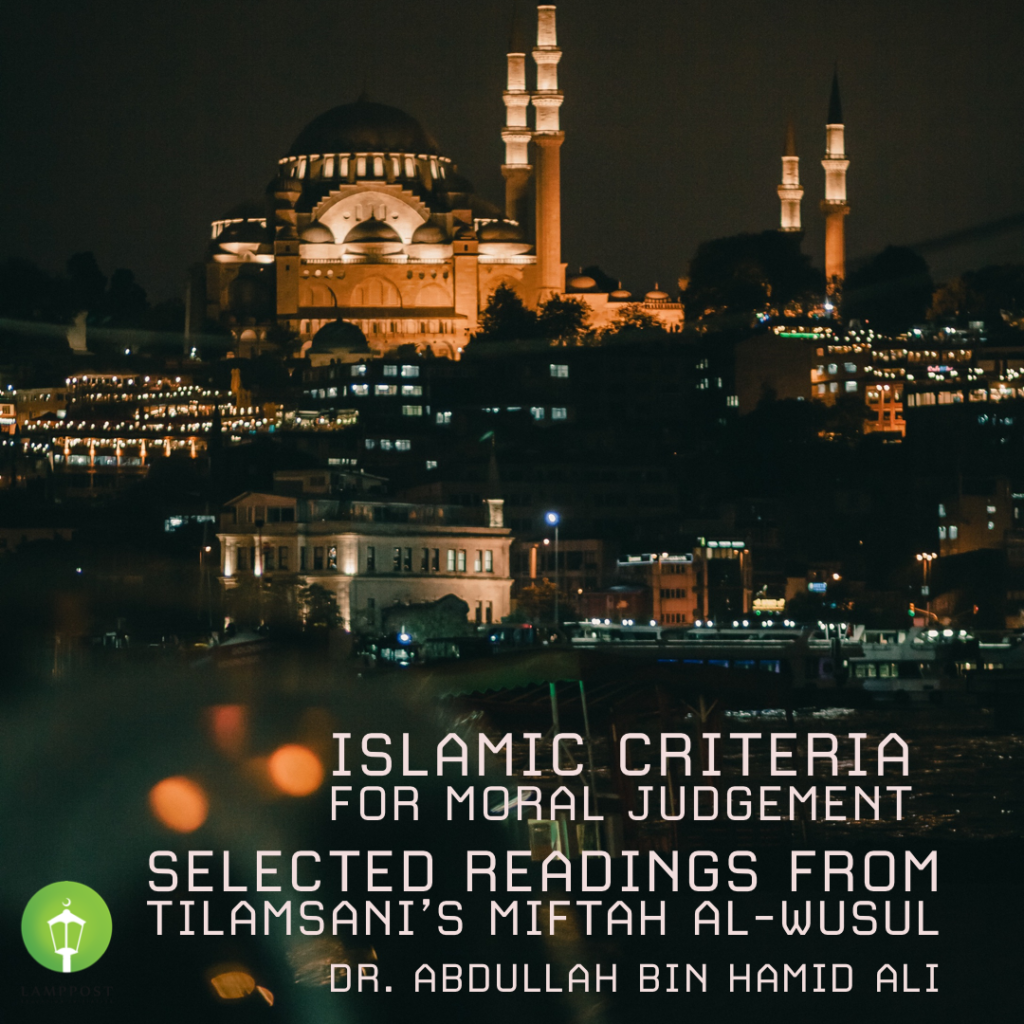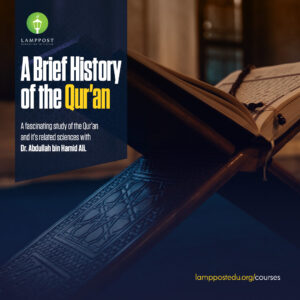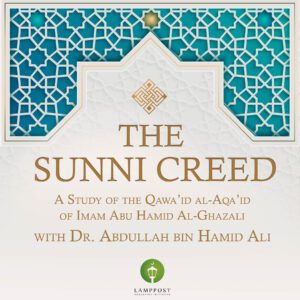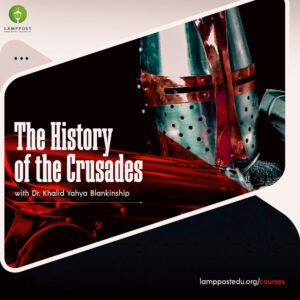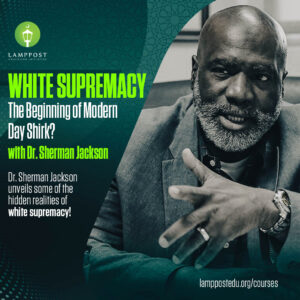This course is a study of the well-acclaimed work of the Algerian jurisconsult Muhammad b. Ahmad al-Tilamsani (1370 CE). The book’s title is Miftah al-Wusul ila Bina al-Furu’ ‘ala Al-Usul (The Key to Connecting Branches to Roots). It is a work of legal import covering the Islamic discipline known as Usul al-Fiqh (Legal Foundations). It is fair to reason that reliance upon different sources of morality will likely result in different moral claims. It is even more challenging when views differ when the sources are shared between disputants.
What constitutes evidence? How much authority is afforded to reason? How does one know if he is being driven by fancy or divinely sanction action? Is there a “Muslim” way of judging societal mores? What are the criteria for verifying truth claims? These are just some of the questions this course will answer. Its goal is to help students achieve a healthier sense of diversity and understand the roots of Islamic truth and moral claims. Beginning, intermediate, and advance students of Islam are all encouraged to register for this course.

